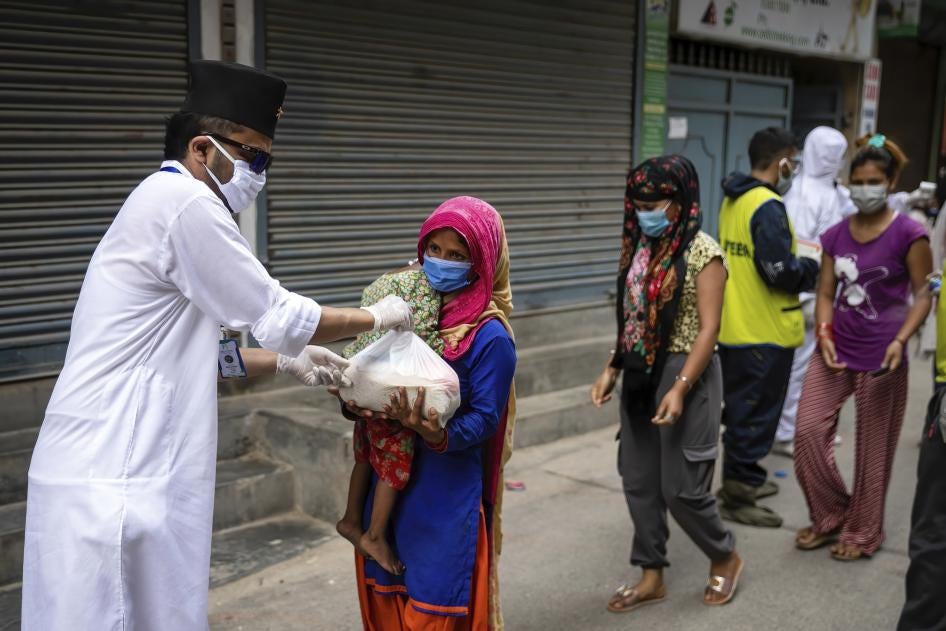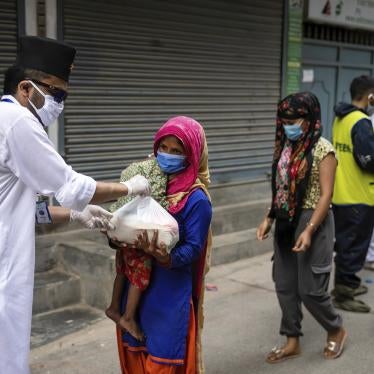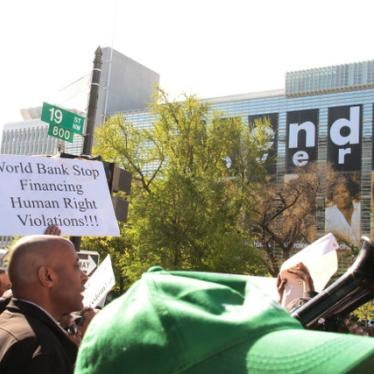As rising inflation, climate change impacts, the Covid-19 pandemic, and armed conflicts create increasing levels of hunger, poverty, and inequality worldwide, universal social protection (USP) – designed to ensure an adequate standard of living for all people – is more important than ever.
The World Bank is the largest donor towards social protection, with a portfolio of US$29.5 billion in 71 countries. Two weeks back, the World Bank published their new Social Protection and Jobs sector strategy, also known as the SPJ Compass. The strategy makes a strong commitment to USP. However, its guidance on how countries can get there is problematic.
It emphasizes “prioritizing the poorest,” despite evidence, including by the World Bank itself, that programs that target households in extreme poverty fall short.
Human Rights Watch and others, including a recent study by the nongovernmental organization Development Pathways, have found that poverty targeted programs fall short in protecting human rights, are prone to mismanagement and corruption, and that they can stigmatize people in poverty. Everyone has the right to social security, which is key to securing other economic and social rights, in particular the right to an adequate standard of living, which includes the rights to food and to adequate housing.
Poverty targeted programs may not reach all the people in need since they are frequently designed too narrowly. For example, in Lebanon, where more than 80 percent of the population is estimated to live in poverty, the two largest social protection programs – both World Bank financed – are designed to reach just the poorest 27 percent.
Also, the targeting methodologies promoted in the strategy are flawed. The World Bank strategy suggests countries can identify the poorest households using dynamic social registries, a database that determines eligibility for benefit programs, as well as proxy means tests. But research by the International Labour Organization and others suggests that these methods have been highly inaccurate and fall short in identifying beneficiaries.
Targeted programs can play a secondary role in USP systems where benefits that protect all people throughout their lifecycle, from childhood to old age, are guaranteed. But they shouldn’t be the very foundation of an otherwise thin protection system.
Universal systems that align with human rights standards are more effective in leaving no one behind, and subsequently in reducing poverty and inequality, especially when financed through progressive taxation.
As officials meet in Washington this week for the World Bank annual meetings, they should commit to scaling up USP. Considering the bank’s current financial investment, the impact would be substantial.
The world may be on the brink of an extended economic downturn and with more than four billion people still lacking any social protection, USP is more urgent than ever.










